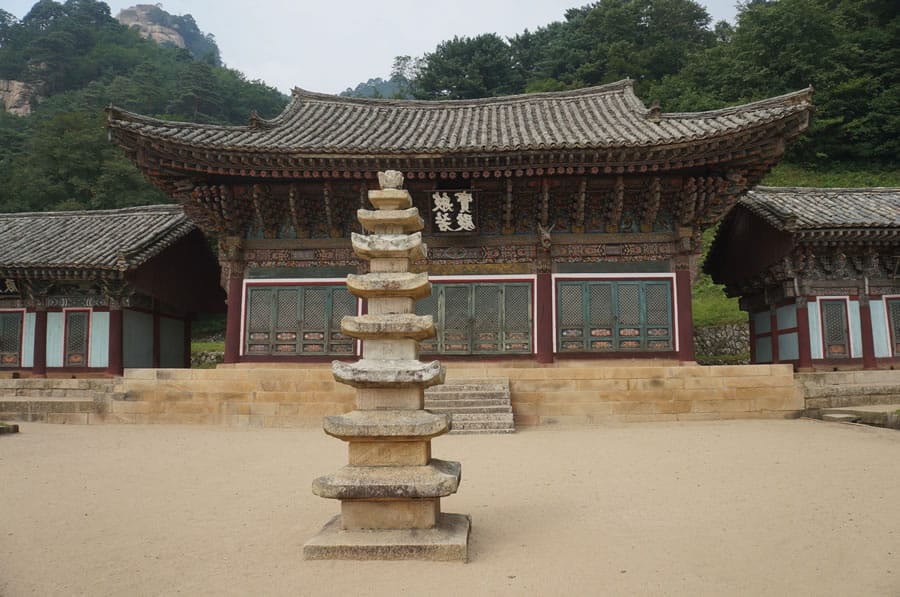
1978 as a watershed in Chinese Foreign Policy essay
The changes taking place today in China’s foreign policy are a logical evolution of the theory and practice of China’s foreign policy, which began with the reforms of Den Xiaoping. This process is broadly divided into three phases, which are divided into three ten-year cycles, and the first cycle began in 1978. Thus, it can be noted that the year 1978 we can understand as a watershed in Chinese Foreign Policy.
To explain, we need to state that the reforms were initiated in 1978 on the initiative of the pragmatists in the Communist Party of China, which was led by Den Xiaoping, and continue to this day. Reformers have set a goal of creating added value sufficient to finance the modernization of the Chinese economy, which was on the brink of disaster after the failure of the policy of the Great Leap Forward and the command methods conducted by Mao Zedong (Chan, 2001). The primary objective of the reform was to solve the motivation of workers and peasants, and the elimination of economic imbalances characteristic of the command economies. Moreover, Chinese economic reforms consisted of several stages. Basically, they were not a part of a strategic plan, and were a kind of the immediate response to immediate problems. Sometimes, for example, closing state-owned enterprises, the government was forced to go to undesired action today for the future prosperity. So, especially the stage which began in 1978 helped the country to achieve new prospects.

